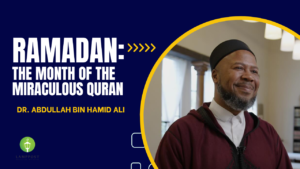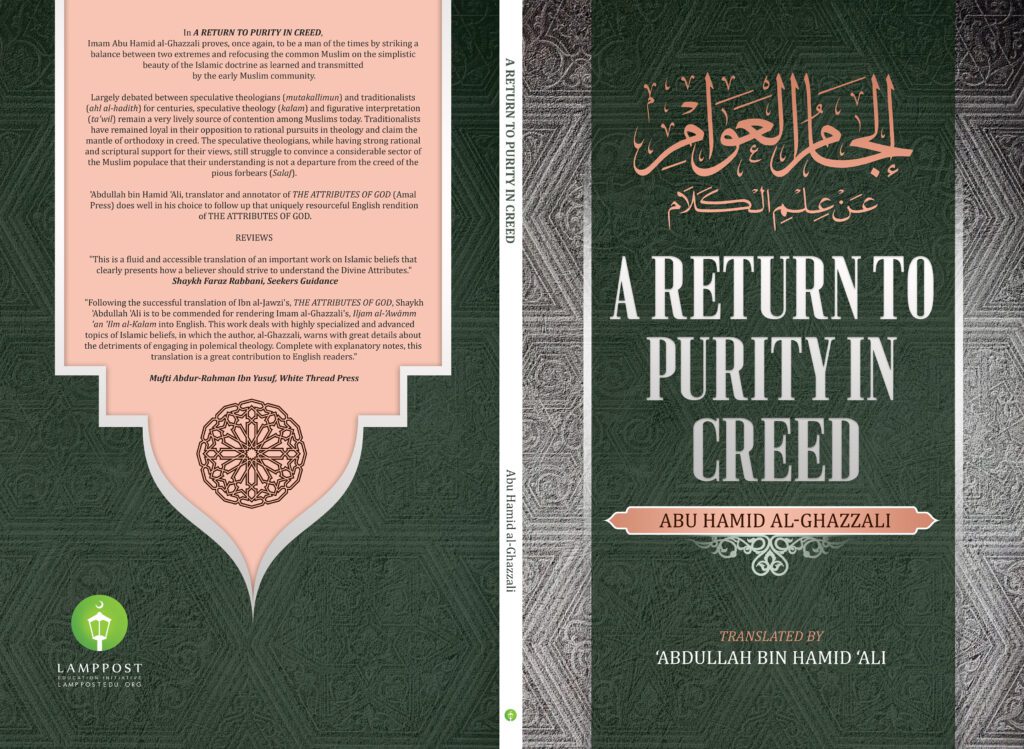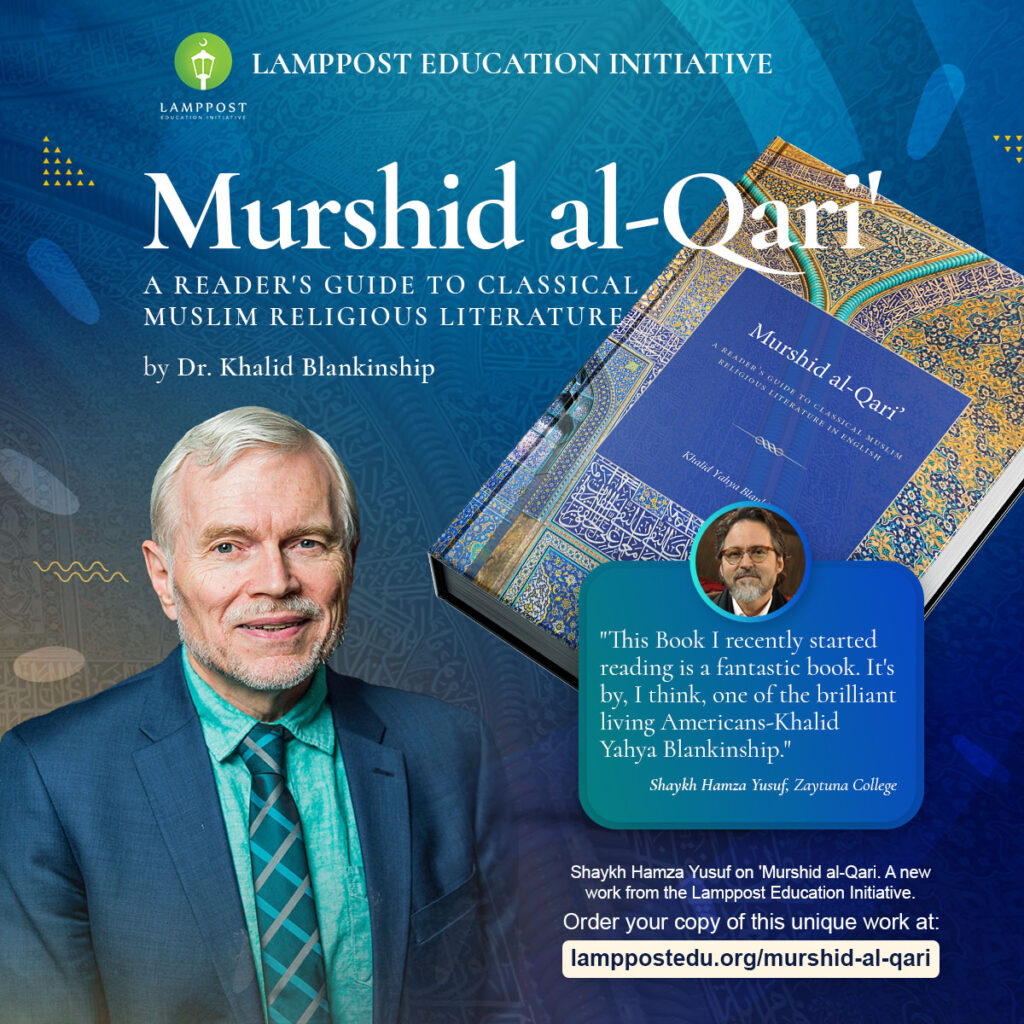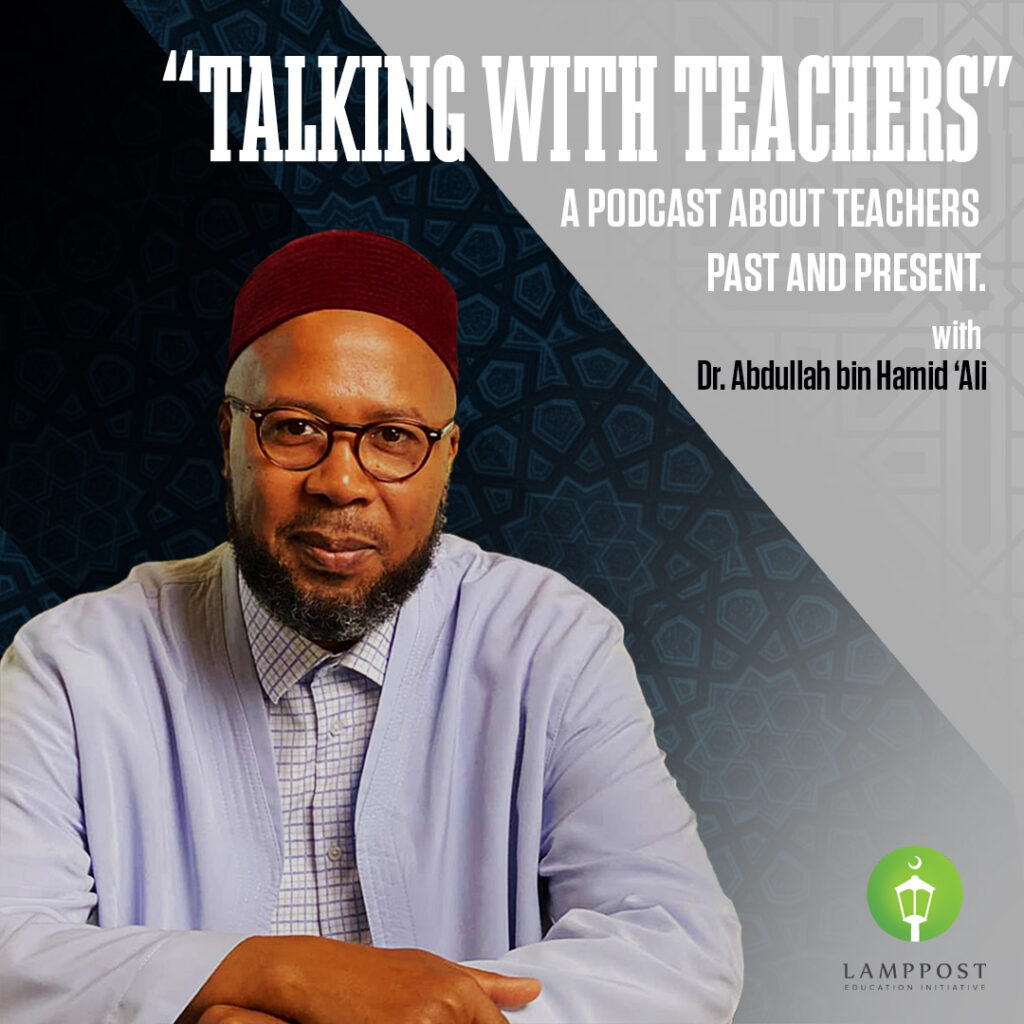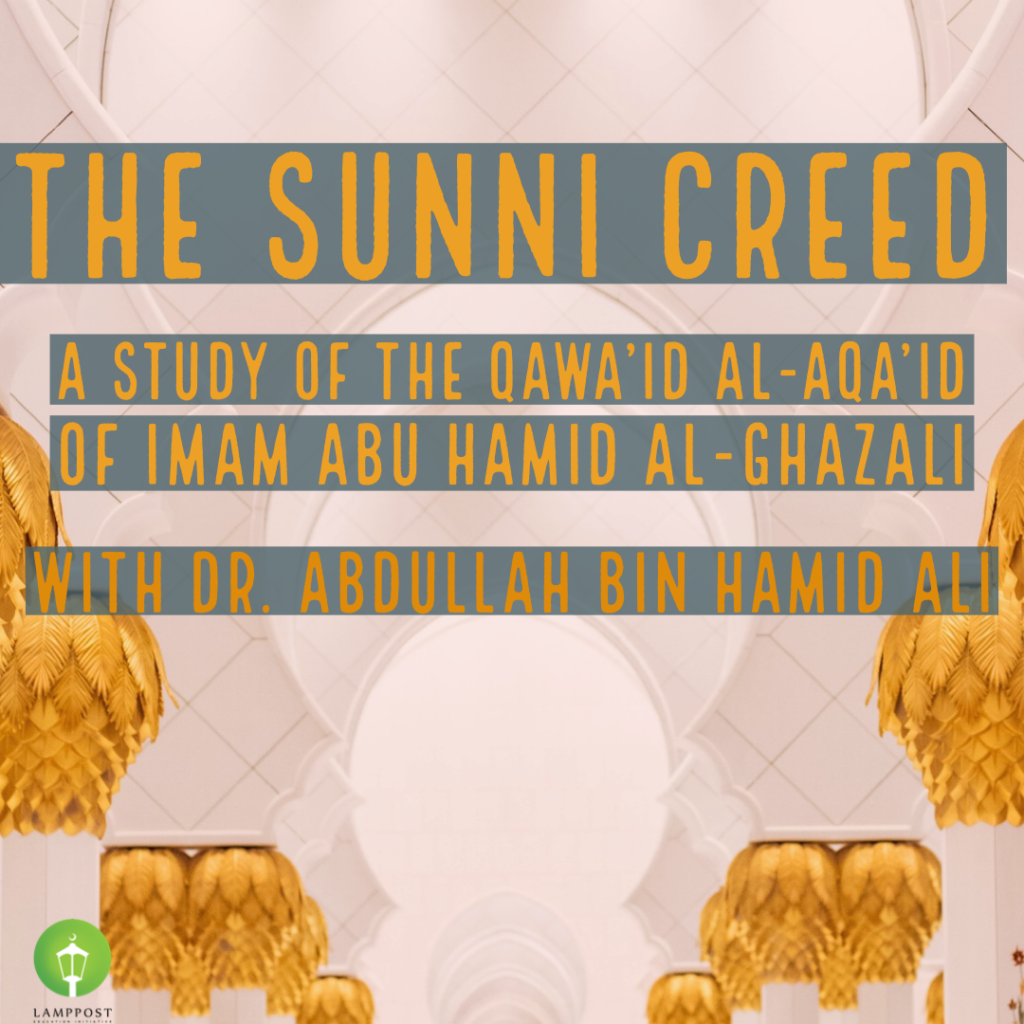"Imam Malik and legal experts of the school held that a man who initiates the divorce waiting period (‘iddah) is not allowed to be alone with his wife."
Dr. Abdullah Bin Hamid Ali Tweet
Question:
“I’d like to clarify a legal ruling in the Maliki madhhab with you. We have a sad case in my city in which a Muslim man divorced his wife and yet continued to be physically intimate with her during her idda without any intention to take her back. In fact, he claims that since he’s Maliki his intercourse with his wife didn’t revoke his divorce since he had no intention to revoke his divorce. On her last day of separation he even requested what he called “goodbye sex,” knowing he was going to leave her and not reconcile. I’d like to ask your legal opinion on this matter.”
Answer:
Thank you for your question, Sister. This is, perhaps, the second time in the past week I’ve heard someone claim that Malikis allow for a husband to have intercourse with his wife during the period of separation. This is a gross misunderstanding and patently absurd assertion.
Shaykh Khalil says in his Mukhtasar,
“He who marries may restore matrimony, even if in a state like ihram (for Hajj)…when he is divorcing revocably during the waiting period of a valid (marriage) within which intercourse was lawful, doing so with a statement coupled with an intention…or a (mere) intention according the most apparent view (held by Ibn Rushd), though its opposite has been declared correct (by other scholars), or a statement made as banter (meant) outwardly (but) not inwardly, (and) not with an ambiguous statement void of an intention…nor an action void of it like intercourse.”
يرتجع من ينكح و إن بكإحرام و عدم إذن سيد طالقا غير بائن في عدة صحيح حل وطؤه بقول مع نية كرجعت و أمسكتها أو نية على الأظهر و صحح خلافه و بقول و لو هزلا في الظاهر لا الباطن لا بقول محتمل بلا نية كأعدت الحل و رفعت التحريم و لا بفعل كوطء…
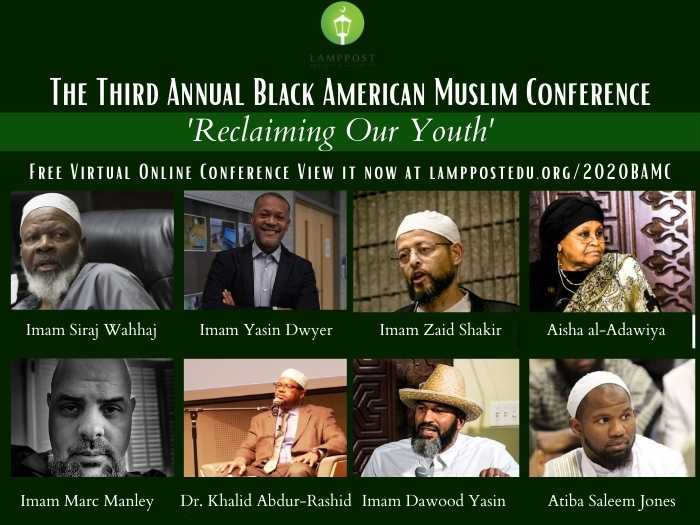
See the 2020 Black American Muslim Conference.
As we see, according to Khalil, when a husband decides to remove one’s wife from the waiting period from divorce, he may do so by either through words or acts. If his words explicitly indicate that he has normalized relations with his wife, they do not require an intention. In other words, even if he doesn’t truly intend by those words to restore the matrimonial bonds with his wife, it is judged that a separation between the two of them no longer exists and they have been reconciled, although in God’s knowledge it may be judged that the matrimonial ties have been severed if this persists until the waiting period has expired. On the other hand, if the statement is ambiguous, it must be accompanied with an intention in order for it to be deemed valid. Similarly, when the husband does an act which signifies reconciliation, like kissing, caressing, or intercourse, that act must be accompanied by an intention for reconciliation.
This is the standard view in the Maliki School, although according to some legal experts consider the mere intention to take back one’s wife sufficient for normalizing relations in the marriage (Al-Sharh Al-Kabir 2/416; Al-Bayan wa al-Tahsil 5/400). And, while most Malikis hold that intercourse is only a sign of reconciliation when coupled with an intention to reconcile, Malik’s student Ibn Wahb held that it suffices without an intention (Al-Sharh Al-Kabir 2/418; Hashiyah al-Dasuqi 2/417).
Despite these rules, it is must be underscored that the belief that sexual intercourse during the waiting period (‘iddah) is lawful according to Malikis because the intention for reconciliation is required by most Maliki legal experts is a gross misreading of Maliki jurisprudence. One does not necessitate the other. As a matter of fact, Malikis are in agreement that sex during the waiting period is unlawful (haram). The evidence for this is the following:
- Malik and Maliki legal experts hold that intercourse during the waiting period from divorce is unlawful (haram) until the husband decides to restore matrimonial ties (Bidayah al-Mujtahid 2/144).
- According to all Muslim legal schools, a man may not pronounce divorce on his wife if they have practiced intimacy prior to her subsequent menstrual cycle. The pronouncement may only be made when one’s wife is not menstruating and thereafter has not had conjugal relations with her husband.
- Imam Malik and legal experts of the school held that a man who initiates the divorce waiting period (‘iddah) is not allowed to be alone with his wife nor enter into her presence without her permission after announcing himself expressly or by making a noise. Nor is he allowed to look at her hair. According to one narration, Imam Malik allowed for him to share a meal with her but later retracted his earlier allowance of that (Bidayah al-Mujtahid 2/144). If this is all true, how could it be surmised that Malikis allow for a husband to have intercourse with his wife throughout the waiting period for divorce?
- The very wisdom of the waiting period, according to many scholars, is to ascertain whether or not the woman is pregnant. If a man were allowed to continue to have sex with a woman he’s planning to divorce, it would undermine the very aim of the separation as understood by those scholars.
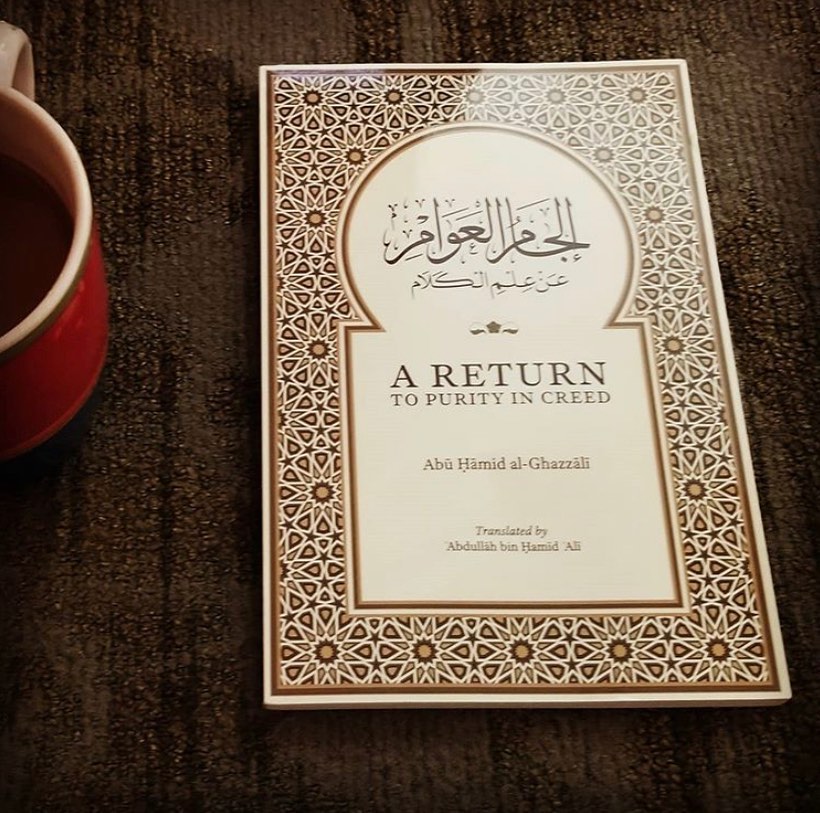
Limited Copies remain. For details click the link below.
In conclusion, there is no evidence that Malikis allow for a man to have regular sexual relations with his wife to whom he has announced that he is in the process of divorce during her waiting period. All that one finds is that a husband must announce the resumption of marriage and that, according to the school’s teachings, intercourse is not considered a valid way to reconcile unless it is accompanied with an intention to reconcile. Regular intercourse during the waiting period is sinful; just as it undermines the very wisdom the waiting period seeks to manifest as expressed by many jurists. And, Allah knows best.
Dr. Shaykh Abdullah bin Hamid Ali
Dr. Abdullah bin Hamid Ali
He holds a Ph.D. in Cultural and Historical Studies in Religion (2016) and an M.A. in Ethics and Social Theory (2012) from the Graduate Theological Union. He obtained his B.A. (ijaza ‘ulya) in Islamic Law  (Shariah) from the prestigious Al-Qarawiyin University of Fes, Morocco in 2001. He served as full time Islamic chaplain at the State Correctional Institute of Chester, PA from 2002-2007, and is the founding director of the Lamppost Education Initiative. He currently serves as an Associate Professor of Islamic law and Prophetic Tradition at Zaytuna College in Berkeley, California. His research interests include the interconnection between law and identity formation, comparative Islamic law, and Islam’s role in the modern world.
(Shariah) from the prestigious Al-Qarawiyin University of Fes, Morocco in 2001. He served as full time Islamic chaplain at the State Correctional Institute of Chester, PA from 2002-2007, and is the founding director of the Lamppost Education Initiative. He currently serves as an Associate Professor of Islamic law and Prophetic Tradition at Zaytuna College in Berkeley, California. His research interests include the interconnection between law and identity formation, comparative Islamic law, and Islam’s role in the modern world.
Click HERE to see more articles, videos, and more from Dr. Abdullah Ali




